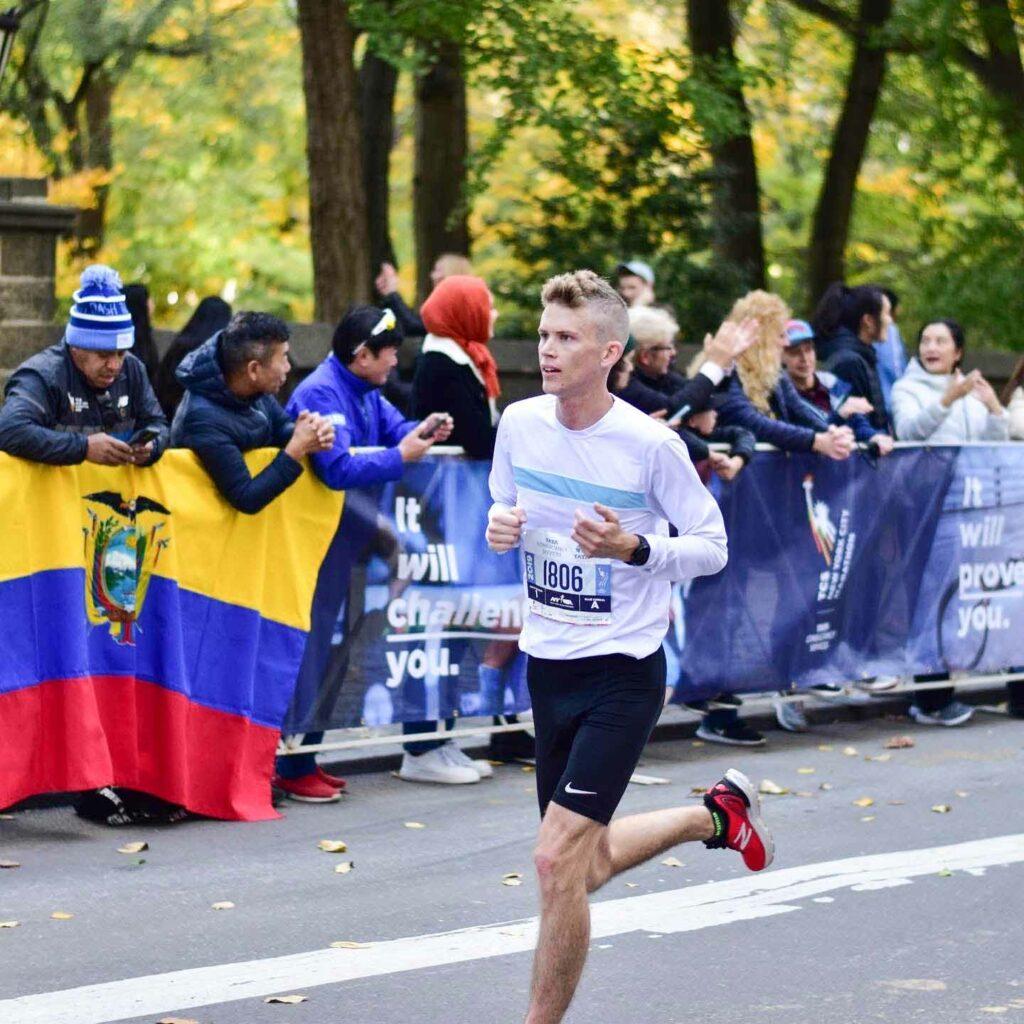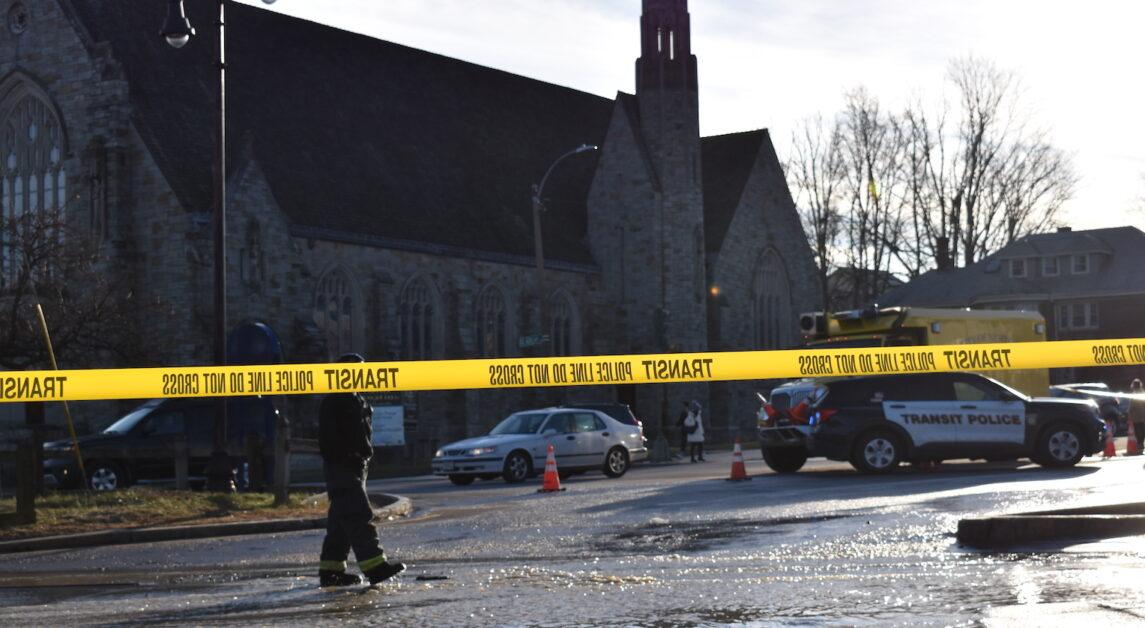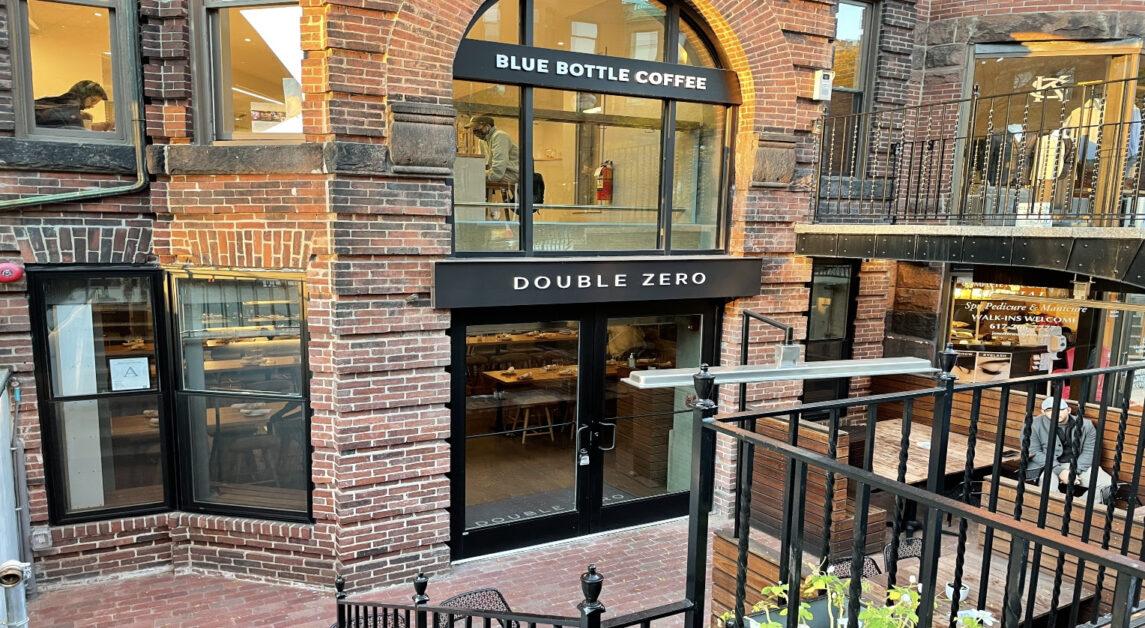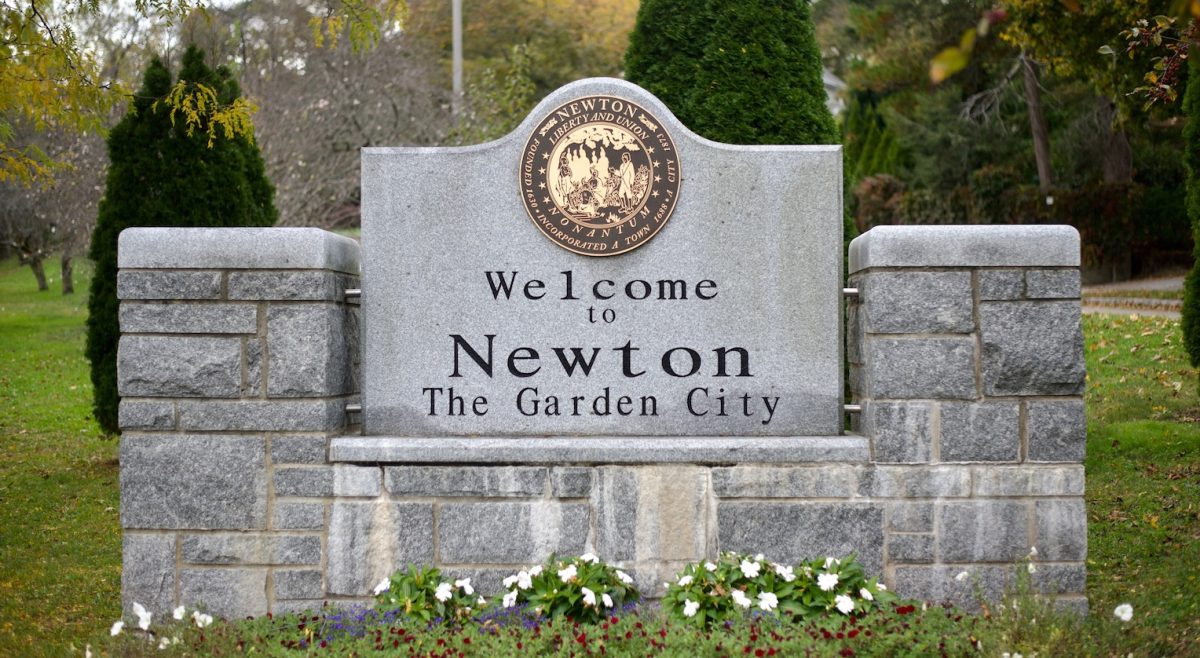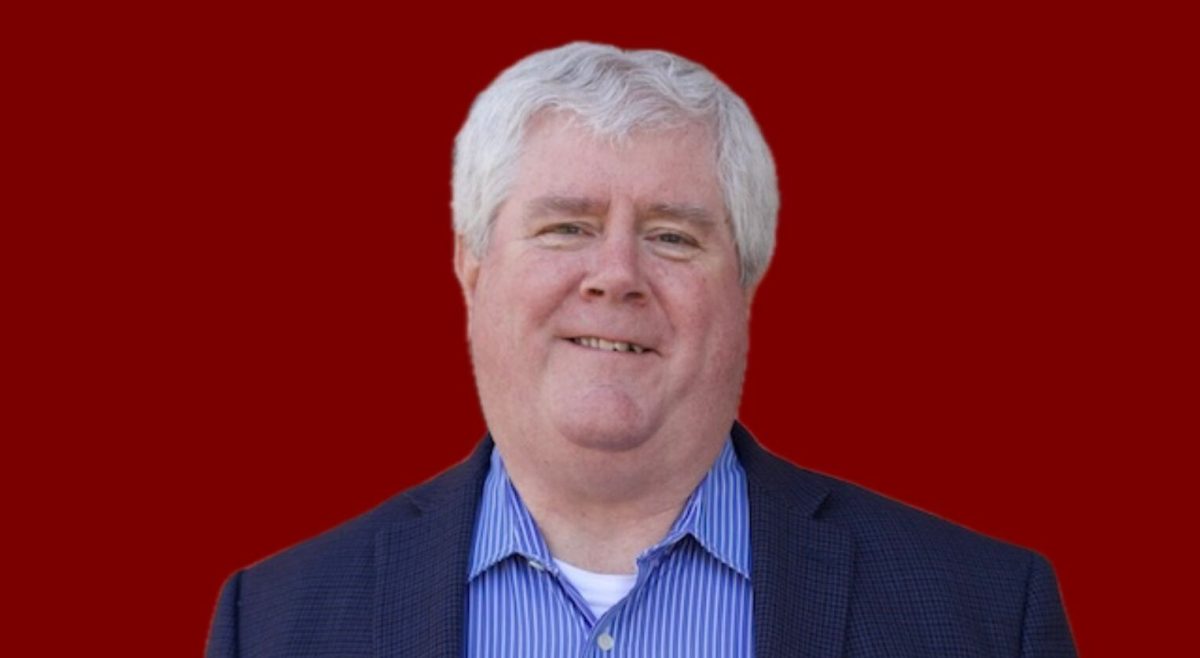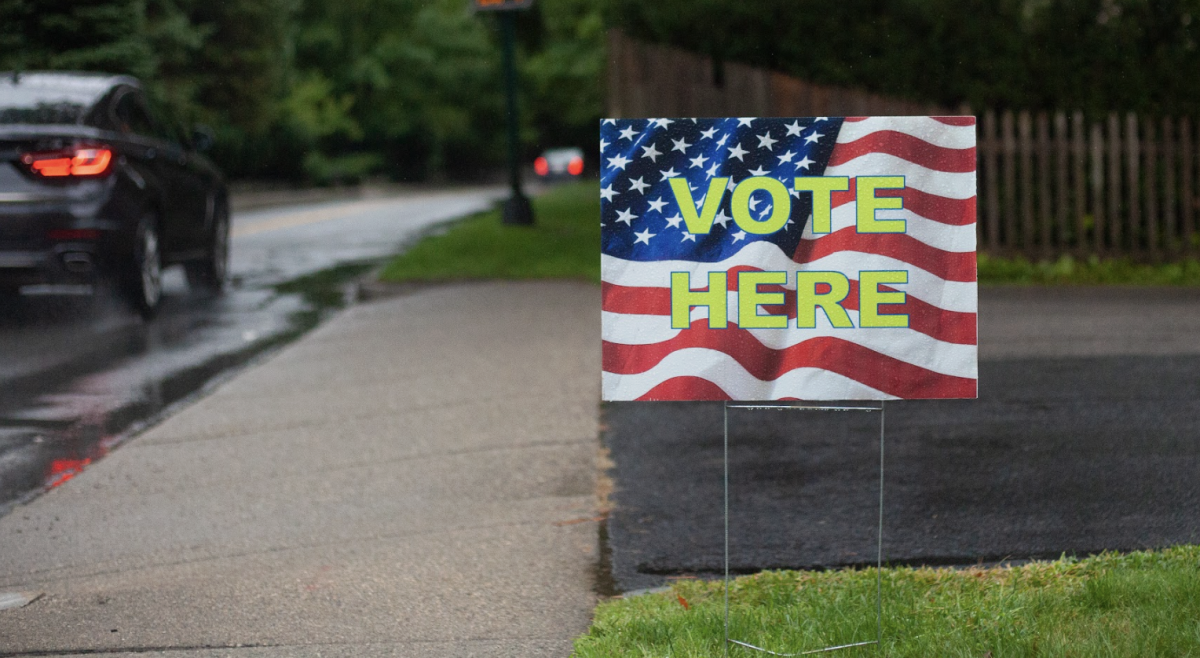2020 was a year of cancellations and not even the Boston Marathon could outrun the COVID-19 pandemic. This year, Bostonians will face yet another Patriots’ Day without the historic race.
For the first time in its 124-year history, the Boston Marathon was not held in April of 2020, and then-Boston Mayor Marty Walsh, BC ’09, instead moved the event to Sept. 14.
Following its initial postponement, Walsh canceled the 124th race that was set to take place in person. Instead, the marathon took place virtually from Sept. 7 to Sept. 14.
There were 17,952 people registered to participate virtually in the 124th race and 15,972 marathoners who submitted their times, according to a press release from the Boston Athletic Association (BAA).
Heartbreak Hill will again be empty this Patriots’ Day, following the BAA’s announcement that the 125th marathon will take place on Oct. 11. This is contingent upon the Commonwealth’s reopening plan proceeding as planned and permitting road races by that time, according to the BAA.
Boston is currently in Phase 4 Step 1 of reopening, and road races are slated to be permitted during Phase 4 Step 2 of the reopening plan.
The field size for the race will be limited to 20,000 entrants in order to allow for social distancing throughout the course, according to a press release from the BAA on March 15. The field size for the marathon in 2019 allowed for 30,000 entrants.
The staging area outside of Hopkinton, Mass., which is typically open to runners before the race, will be closed. Instead, the BAA will assign runners staggered start times, allowing for a rolling start of the race, according to a press release from the BAA on Wednesday.
“The B.A.A. is committed to taking all necessary steps to ensure the health and safety of participants, volunteers, and the public,” Tom Grilk, president and CEO of the BAA, said in the release. “We will continue to follow the science and adapt the event plan to reflect guidance from our local, city, and state partners.”
The BAA will also hold a virtual marathon open to runners of all abilities from Oct. 8 to Oct. 10. Registration was open to the first 70,000 entrants on March 30. Applicants not accepted for the in-person marathon who want to run virtually will have an opportunity to register for the virtual event, according to the BAA.
For spectators, a Patriots’ Day without a marathon means a loss of community and pride in their beloved city. While this holds true for runners, it also means more months of training.
Whether sitting in a baby stroller in Hopkinton or watching as a Boston College student at Mile 21, the Boston Marathon has been a constant throughout Emma Saart’s life—until 2020. A Massachusetts native, Saart said the Boston Marathon has always been a large part of her life.
Saart, MCAS ’21, hoped to be a spectator for the 124th race while she geared up to run in the 125th race her senior year. When she heard the news about the postponement, Saart said that it was frustrating since she put so much effort into training.
“I just had this vision of like running it my senior year and that would be really exciting,” Saart said. “So it’s definitely weird and different to like have it be a different experience than I expected.”
Saart said that training means some early mornings, staying in on Saturday nights, and running around 80 miles per week.
“It doesn’t feel like a sacrifice because I love it,” Saart said.
Saart said she didn’t picture herself running a marathon because as a high school runner she didn’t like long-distance running. While in Club Running at BC, Saart said that she got into long-distance running and saw other members accomplishing great things.
“My dad actually ran the Boston Marathon when he was 20,” Saart said. “So I think like knowing that he had done it was definitely something that was like, always inspiring and like he kind of got me into running.”
A lifelong spectator of the Boston Marathon, Saart said that the race is exciting the entire way through. Whether watching the leaders or the diversity runners, Saart said the time and effort put into training is evident.
“Especially because we’re at Mile 20 where, you know, it’s hard … everybody’s hurting and to see them run by and, like, keep going, it’s just such a cool thing and I think that’s the best,” Saart said. “The whole student body is out there and everyone’s just so excited.”
As she continues to train for the 125th race, Saart says she tries to remain excited by reminding herself that the race will be special because it will be one of the only times in its history that it is held in the fall.
“[I’m] hoping that this fall, it can be like it was before, with fans and support and all of that excitement,” Saart said. “I think if it can be like that it would probably be even stronger because I feel like people have been missing it for a couple years.”
Sarah Keffer’s first time running the Boston Marathon looked different from most first-time runners, as she completed the 26.2 miles virtually in September 2020. Without the screaming crowds or a traditional finish line, Keffer, Lynch ’21, looked to her family and friends for support.
Keffer began training in December 2019 in anticipation of an April 2020 race. When the race was first postponed, Keffer said that she was running 16 miles and was working her way up to 20 miles.
Due to the original postponement and eventual switch to a virtual format, Keffer said that she ultimately trained for nine months.
“It was kind of hard, like, training, with it being postponed and then being canceled,” Keffer said. “And going virtual was really hard mentally, and also physically like your body’s just exhausted.”
While the training was difficult, Keffer said that the virtual event itself was great because of her friends’ support. Her family and friends cheered her on as she ran and celebrated with her at the finish line after over five hours of running.
Keffer decided against running the traditional route of the marathon so her father could bike alongside her. She ran along a bike trail from Cambridge to Lincoln, Mass., accompanied by her brother for part of the race and her friend from BC for another part.
Along the route, Keffer said there were other marathon runners and spectators, who cheered her on as she passed.
“I think there’s something that’s truly special about running a marathon and ending at the finish line … so I definitely missed that aspect of it because it is such a historic race,” Keffer said.
Another missing aspect was the energetic crowd, which Keffer said is a key source of adrenaline.
“I think that adrenaline was kind of, it was there, obviously, but I think that aspect was definitely missing,” Keffer said.
BC students shouting with their hands outstretched over the guardrails at Mile 21 is a quintessential element of the final stretch of the race. To replicate the experience of running past BC, Keffer’s friends met her along the bike trail on her 21st mile to cheer her on.
Keffer said that she never imagined herself running a marathon. She was a short-distance runner in high school and a member of the BC Club Running her freshman and sophomore years, but had never run more than 6 miles before beginning marathon training.
Keffer said the students at the Campus School—which educates students from ages 3 to 21 with various disabilities—motivated her to run, and she ran on Sept. 12 in honor of her Campus School buddy.
“That’s kind of where the attachment and emotional attachment and just specialness … of it came from for me, wanting to be a part of something that was really bigger than myself and represent[ed] these incredible students and [gave] back to this place that has given me so much,” Keffer said.

Keffer began volunteering at the Campus School her freshman year and is now co-president of the volunteers there.
“I definitely think if I had the option to run in person again for a charity that was very meaningful to me I would do it,” Keffer said.
While the 124th race was her first time running, Keffer is not new to the electric energy of Marathon Monday at BC. Both her freshman and sophomore year, Keffer said that she woke up at 6 a.m. on the day of the race to pouring rain.
As a spectator, Keffer said she felt a part of something larger than herself.
“My sophomore year was when I decided I wanted to run because it’s just so special to see so many people just pushing themselves to really go push their bodies to the limit,” Keffer said. “There’s just so much excitement in the air and you can tell with the crowd that every person is just so invested in watching.”
Keffer said that she is unsure whether people will feel safe in a large crowd in October, but hopes runners will have the support of a cheering crowd.
“It’s a grueling task and having support is really necessary for the runners and they hope that they can have that special experience,” Keffer said.
Drew Kirakofe, BC ’18, has run the Boston Marathon three times, the first being during his junior year in 2017. Kirakofe was signed up to run in 2020 and decided against signing up this year due to the uncertainty surrounding the event.
“It was really sad for me just because it was something that I was sort of building up towards and had been training for the prior three or so months to kind of get ready for,” Kirakofe said. “Honestly, I felt worse for the people who were signed up to run it for the first time that weren’t going to be able to experience it so I was feeling lucky that I had done it.”
While he was disappointed by not being able to run the 124th marathon, Kirakofe said that he took the time to focus on other things. After consistently running two marathons per year, Kirakofe decided not to participate in the virtual race.
“Also, you know, knowing that the experience of Boston wouldn’t quite be the same,” Kirakofe said. “I decided to just wait until it was kind of back up in action before I ran the full 26.2.”

For Kirakofe’s family, it has become a tradition to have someone in the family running the marathon. Whether spectating or running, Kirakofe said they look forward to the event as a family.
“The reason I had kind of initially been interested is I saw my sister run it in 2014, which was one year after the bombing, so the year especially was like super, super cool to see, and very inspiring and so … watching my sister I was like ‘Oh I want to do this too,’” Kirakofe said.
Kirakofe said that BC is probably one of the loudest locations along the route of the marathon.
“I mean, the energy on Marathon Monday itself is really, really wild,” Kirakofe said. “But even just like the full month leading up to it, there’s, you know, the weather’s getting nicer, it’s April, you can kind of feel this build in excitement.”
The energy at Mile 21 is the most important place for an extra boost, according to Kirakofe. Miles 20 and 21, including Heartbreak Hill, are the hardest parts of any marathon he has ever done, he said.
“To kind of reach the top of the hill and then have BC there to cheer you through to the last five miles, which are kind of a downhill, rolling kind of cruise into the finish line, it’s really, really cool,” Kirakofe said.
Even in the pouring rain and 50 miles per hour wind, Kirakofe said that his friends and family were there at Mile 21 to cheer him on.
Although the field size for the October race will be limited, Kirakofe said it will still be an exciting day. The Boston Marathon will be the same weekend as the Chicago Marathon, so Kirakofe said that there may be a split as runners choose between the two.
“I’m sure that the energy will be just as high, if not higher just because we’ve been … without the marathon for two years,” Kirakofe said. “So I think people are, you know, at least from my perspective, all my running friends are kind of waiting and chomping at the bit to get out there and run the marathon again,” Kirakofe said.
Featured Image Courtesy of Drew Kirakofe

